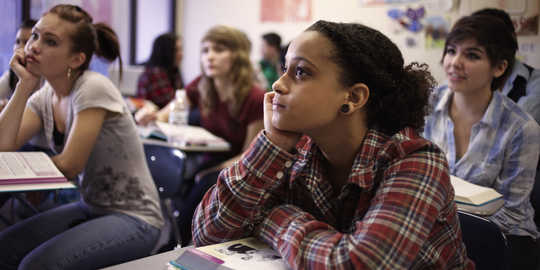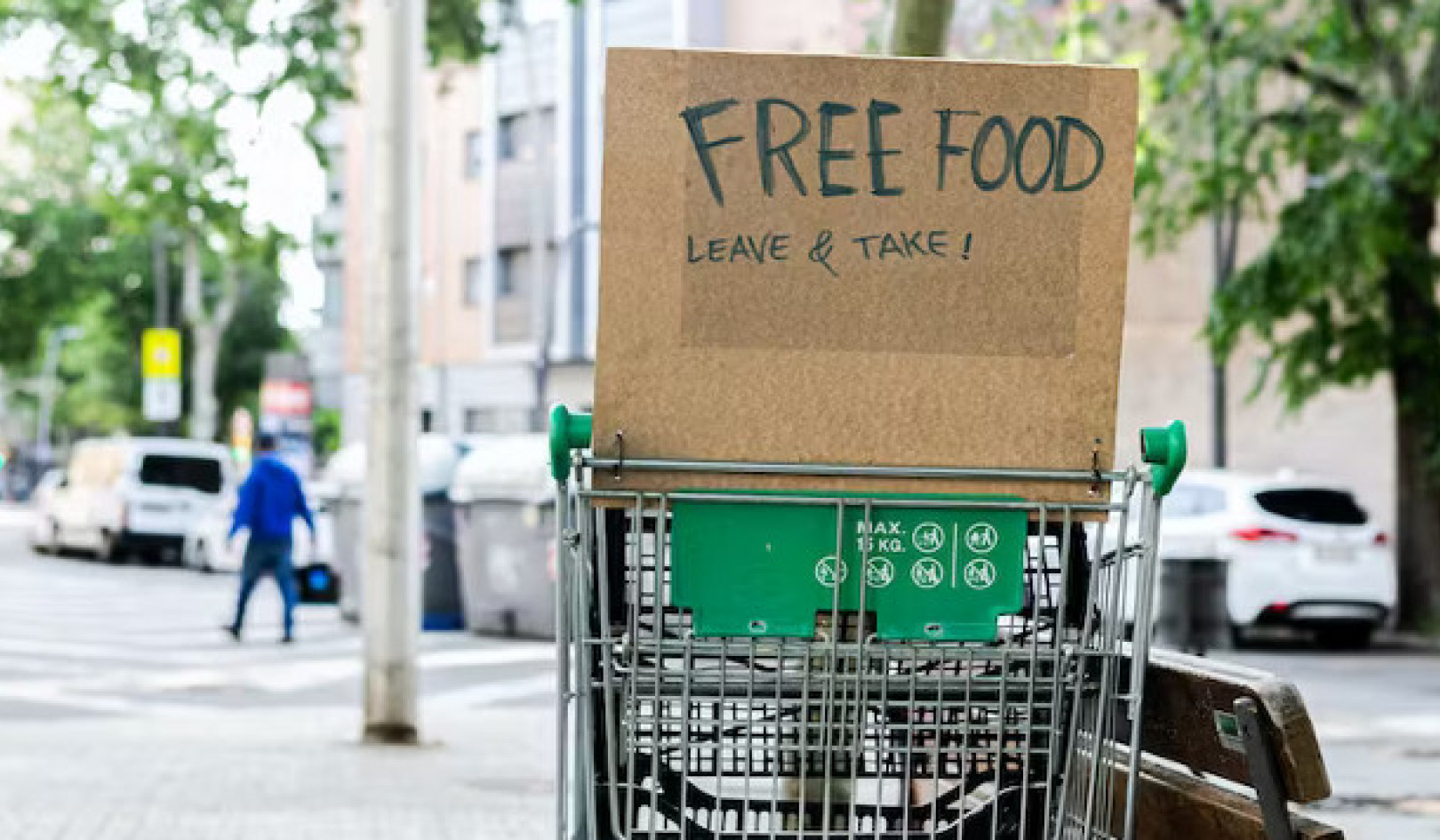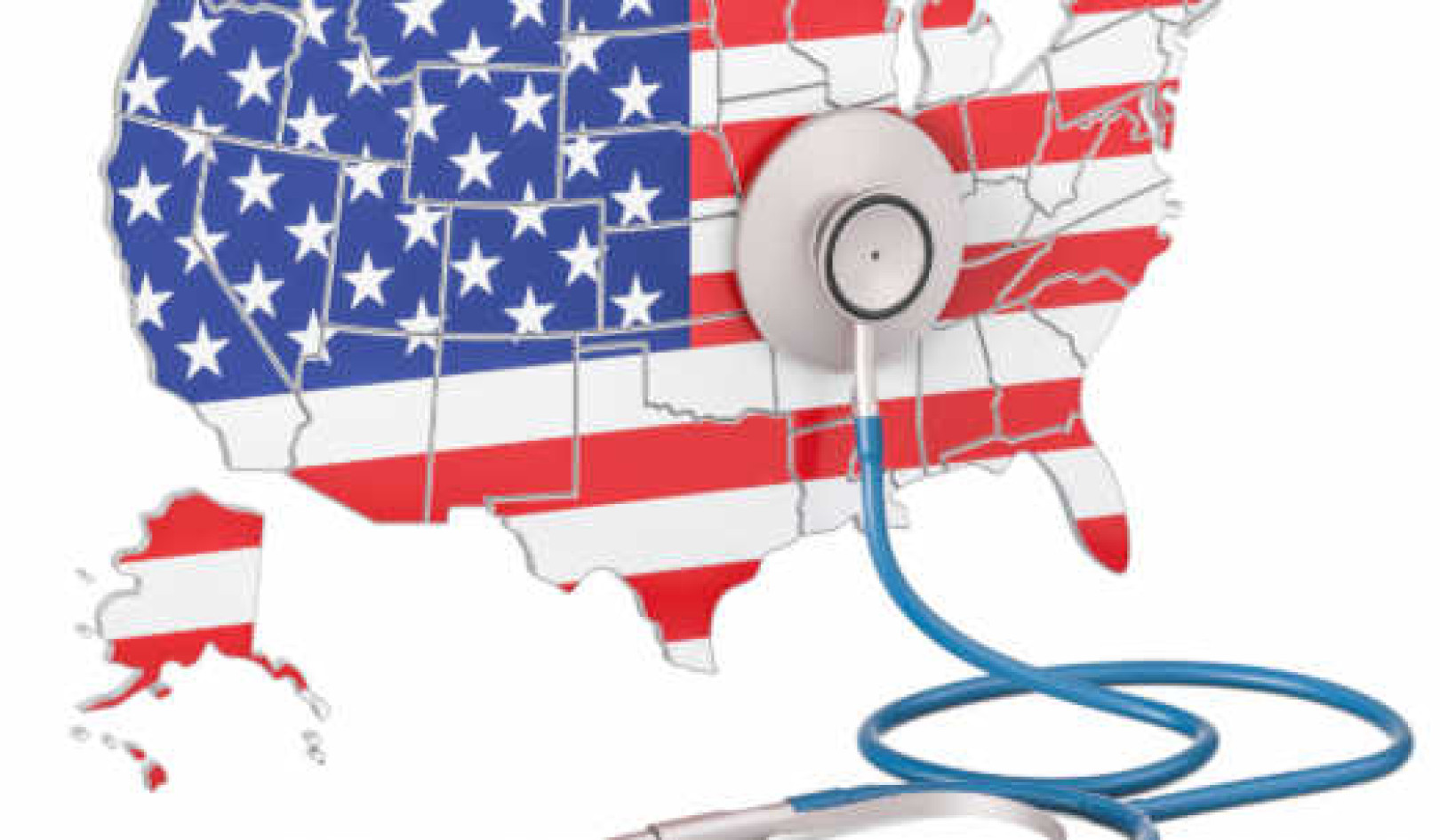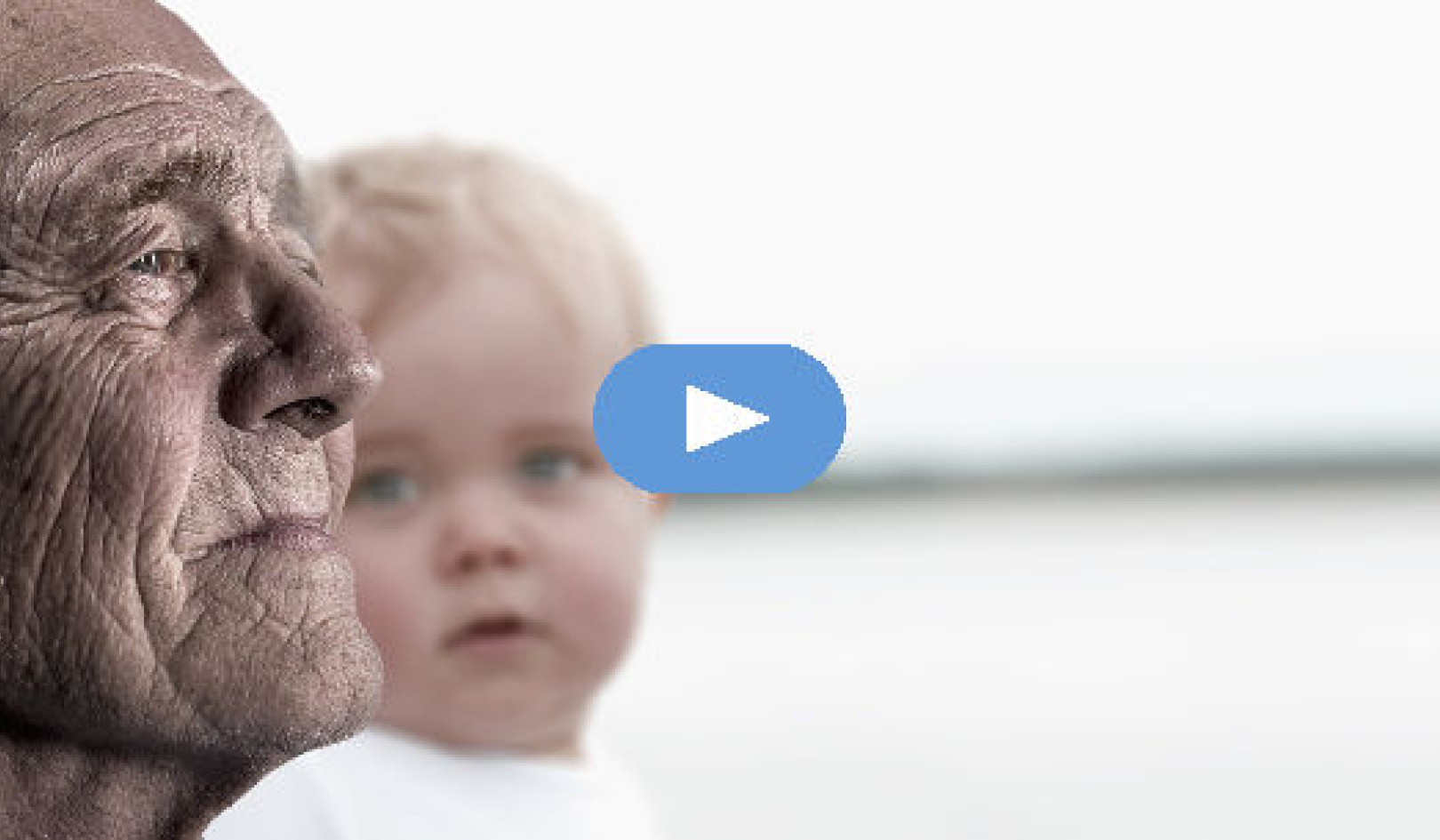
An adolescent’s sense of their own family’s social and economic status is closely linked to that teen’s physical and cognitive health, according to a study of British twins.
In fact, the adolescent’s perception of status was a more powerful predictor of their well-being and readiness for further education than their family’s actual status. The study sample represented the full range of socioeconomic conditions in the UK.
“Testing how young people’s perceptions related to well-being among twins provided a rare opportunity to control for poverty status as well as environmental and genetic factors shared by children within the same family,” says lead author Joshua Rivenbark, an MD/PhD student in Duke University’s Medical School and Sanford School of Public Policy.
“Siblings grew up with equal access to objective resources, but many differed in where they placed their family on the social ladder—which then signaled how well each twin was doing,” Rivenbark says. `
Researchers followed 2,232 same-sex twins born in England and Wales in 1994-95 who were part of the Environmental Risk (E-Risk) Longitudinal Twin Study based at King’s College London. Adolescents assessed their family’s social ranking at ages 12 and 18. By late adolescence, these beliefs signaled how well the teen was doing, independent of the family’s access to financial resources, healthcare, adequate nutrition, and educational opportunities. This pattern was not seen at age 12.
“The amount of financial resources children have access to is one of the most reliable predictors of their health and life chances,” says senior author Candice Odgers, a professor of psychological science at the University of California, Irvine. “But these findings show that how young people see their family’s place in a hierarchical system also matters. Their perceptions of social status were an equally good, and often stronger, indicator of how well they were going to do with respect to mental health and social outcomes.”
Study findings also show that despite growing up in the same family, the twins’ views were not always identical. By age 18, the twin who rated the family’s standing as higher was less likely to be convicted of a crime; was more often educated, employed, or in training; and had fewer mental health problems than his or her sibling.
“Studies that experimentally manipulate how young people see their social position would be needed to sort out cause from effect,” Rivenbark says.
The research appears in the Proceedings of the National Academy of Sciences.
Additional researchers from Duke and King’s College London contributed to the work.
About the Study's Authors
Lead author Joshua Rivenbark is an MD/PhD student in Duke University’s Medical School and Sanford School of Public Policy. Senior author Candice Odgers is a professor of psychological science at the University of California, Irvine.
Books on Inequality from Amazon's Best Sellers list
"Caste: The Origins of Our Discontents"
by Isabel Wilkerson
In this book, Isabel Wilkerson examines the history of caste systems in societies around the world, including in the United States. The book explores the impact of caste on individuals and society, and offers a framework for understanding and addressing inequality.
Click for more info or to order
"The Color of Law: A Forgotten History of How Our Government Segregated America"
by Richard Rothstein
In this book, Richard Rothstein explores the history of government policies that created and reinforced racial segregation in the United States. The book examines the impact of these policies on individuals and communities, and offers a call to action for addressing ongoing inequality.
Click for more info or to order
"The Sum of Us: What Racism Costs Everyone and How We Can Prosper Together"
by Heather McGhee
In this book, Heather McGhee explores the economic and social costs of racism, and offers a vision for a more equitable and prosperous society. The book includes stories of individuals and communities who have challenged inequality, as well as practical solutions for creating a more inclusive society.
Click for more info or to order
"The Deficit Myth: Modern Monetary Theory and the Birth of the People's Economy"
by Stephanie Kelton
In this book, Stephanie Kelton challenges conventional ideas about government spending and the national deficit, and offers a new framework for understanding economic policy. The book includes practical solutions for addressing inequality and creating a more equitable economy.
Click for more info or to order
"The New Jim Crow: Mass Incarceration in the Age of Colorblindness"
by Michelle Alexander
In this book, Michelle Alexander explores the ways in which the criminal justice system perpetuates racial inequality and discrimination, particularly against Black Americans. The book includes a historical analysis of the system and its impact, as well as a call to action for reform.























